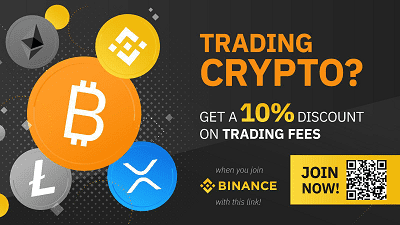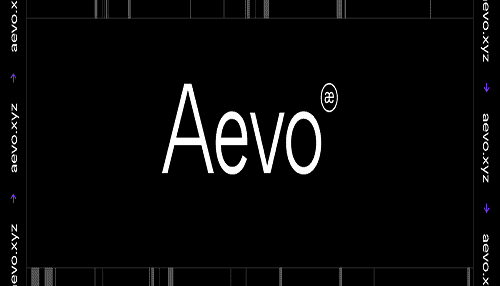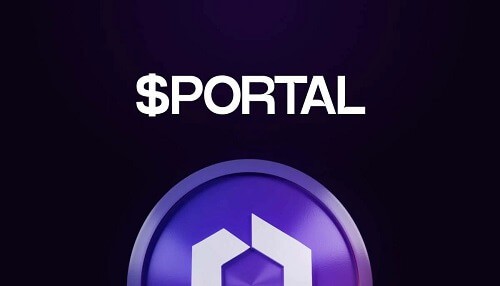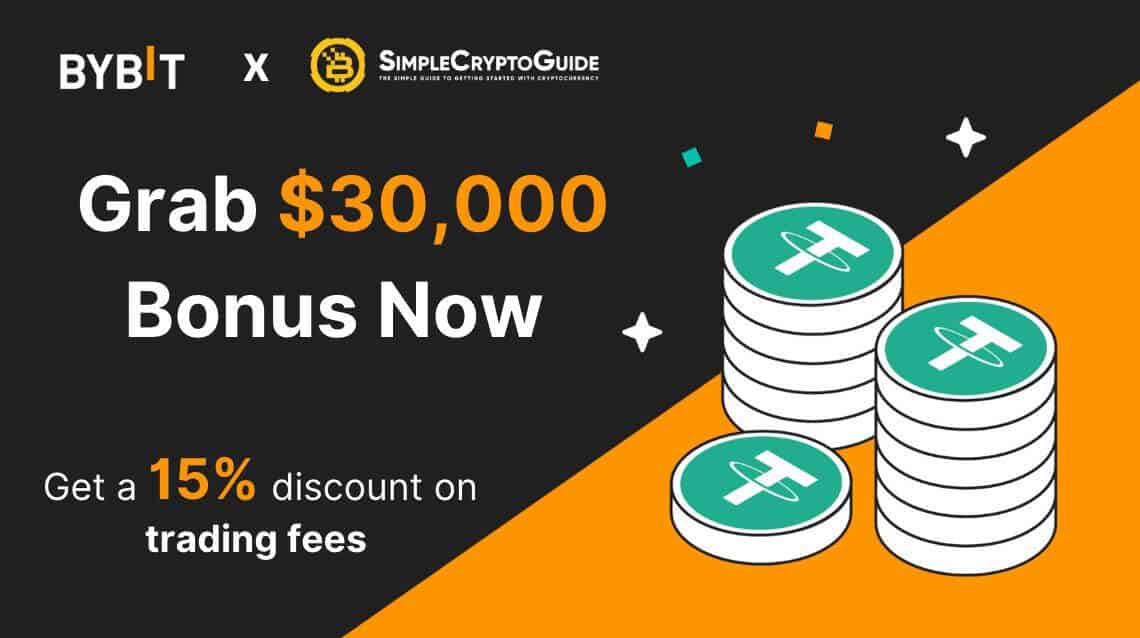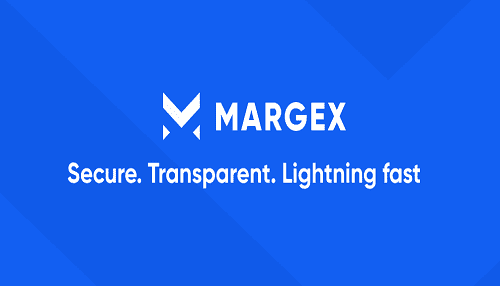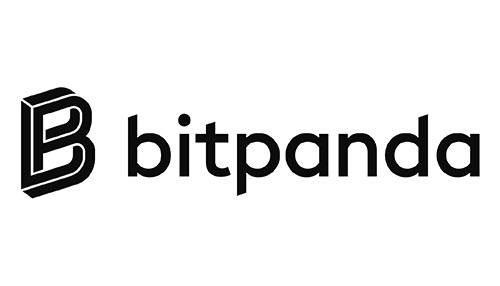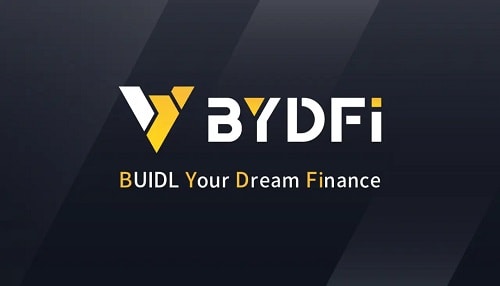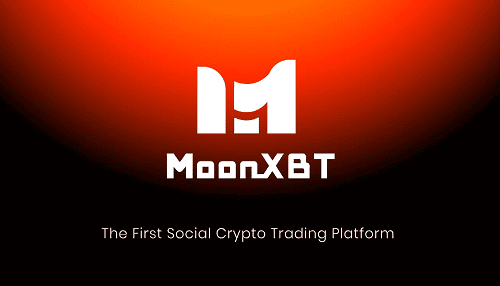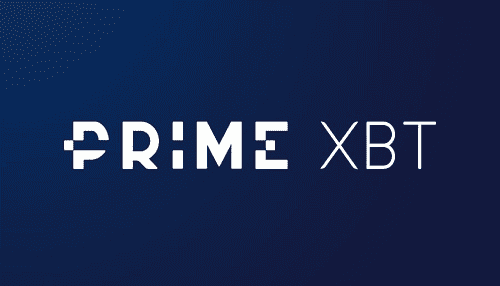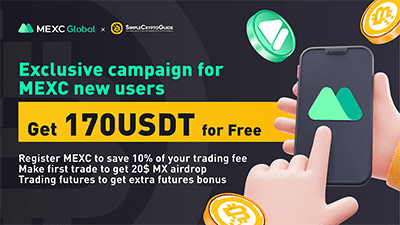Terra Classic ruled not a security by Korean court

Today’s revelation of the Korean court ruling that Terra Classic (LUNC) is not a security has ignited intense conversations among the cryptocurrency community. This judgment, which stands in stark contrast to the U.S. Securities and Exchange Commission’s (SEC) position, underscores the intricacies of crypto asset classification within the swiftly progressing blockchain and digital asset landscape. To fully grasp the consequences of this newly disclosed development, it’s essential to analyze the primary reasons behind the divergent opinions held by the Korean court and the US SEC.
First, it’s important to recognize the role of local regulations in shaping the court’s decision. The Korean court ruled that LUNC does not fall under the Capital Markets Act as a financial investment product, thus making it difficult to classify it as a security. The court’s stance has evolved over time, moving from ambiguous expressions to a more definitive statement on the matter. This change suggests a growing understanding of the unique characteristics of digital assets and their potential to disrupt traditional financial classifications.
On the other hand, the US SEC has taken a more conservative approach in its classification of LUNC. Earlier this year, they sued Terraform Labs, the company behind the Terra tokens, and its co-founder, Do Kwon, alleging that LUNC was a crypto asset security. This distinction is significant, as it subjects the token and its issuers to a higher level of regulatory scrutiny. In the US, securities are subject to the Securities Act of 1933 and the Securities Exchange Act of 1934, which govern the registration, issuance, and trading of securities, as well as the disclosure of relevant information to investors.
One potential reason for the divergent views on LUNC’s classification is the differing legal frameworks and regulatory philosophies between South Korea and the United States. South Korea has a history of embracing innovation in the digital asset space, while the US has maintained a cautious approach due to concerns about investor protection and financial stability. This difference in perspective could explain the contrasting decisions made by the Korean court and the US SEC.
Moreover, the ongoing legal battle between Terraform Labs and the SEC also highlights the need for a global consensus on crypto asset classification. As digital assets continue to gain prominence and cross-border transactions become more commonplace, the lack of a unified regulatory framework may lead to confusion, inefficiencies, and potential legal disputes. A harmonized approach to crypto asset classification would not only promote transparency and trust in the industry, but also streamline regulatory compliance and foster innovation.
The Future of Crypto Asset Regulation: Global Trends and Predictions Shaping the Industry
As the world of cryptocurrencies and blockchain technology continues to expand at an unprecedented pace, regulatory authorities around the globe are grappling with the task of effectively overseeing this innovative and disruptive space. Several emerging trends and potential shifts in regulatory stances are shaping the future of crypto asset regulation, with implications for the development of the blockchain and digital asset landscape. Understanding these trends can provide valuable insights for investors, industry professionals, and policymakers alike.
One notable trend is the increasing recognition of the need for a harmonized global regulatory framework for cryptocurrencies. As digital assets are borderless by nature, it’s crucial for regulatory bodies to collaborate and establish unified standards for crypto asset classification, taxation, and anti-money laundering (AML) measures. The Financial Action Task Force (FATF), an intergovernmental organization focused on combating money laundering and terrorist financing, has been instrumental in developing international guidelines for virtual asset service providers (VASPs) in recent years. While individual countries may still maintain their unique regulatory approaches, greater international cooperation can foster a more consistent and transparent environment for the industry to thrive.
Another key trend in crypto asset regulation is the growing focus on consumer and investor protection. As the market for digital assets becomes more mainstream, regulatory authorities are placing a higher emphasis on ensuring that retail investors are adequately protected from fraud, scams, and other potential risks. This is evident in the implementation of more stringent know-your-customer (KYC) procedures, as well as the increased scrutiny of initial coin offerings (ICOs) and other token issuance models. As a result, crypto businesses are expected to invest more resources in compliance and risk management to safeguard their customers and maintain a favorable regulatory standing.
In addition to consumer protection, regulatory bodies are also paying closer attention to the environmental impact of cryptocurrencies, particularly those reliant on energy-intensive proof-of-work (PoW) consensus mechanisms, such as Bitcoin. As concerns about climate change and sustainable development continue to rise, it’s likely that regulators will increasingly encourage the adoption of more eco-friendly alternatives, like proof-of-stake (PoS) and other consensus algorithms. This may lead to a shift in the industry landscape, with greater innovation and investment in sustainable blockchain technologies.
Lastly, as decentralized finance (DeFi) and non-fungible tokens (NFTs) gain traction, regulators are beginning to explore how existing securities and commodities laws can be applied to these novel digital assets. This could lead to further clarification and guidance on the regulatory treatment of DeFi platforms and NFT marketplaces, as well as the development of new legal frameworks tailored specifically to these emerging sectors.

